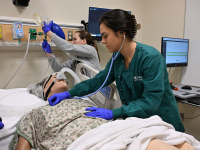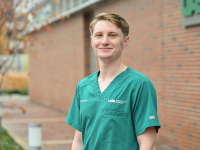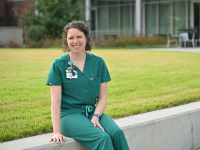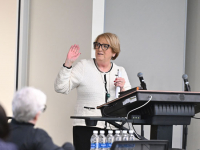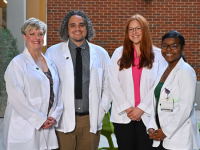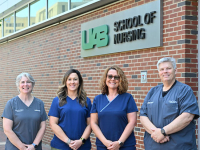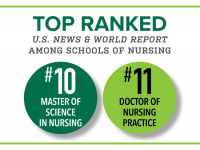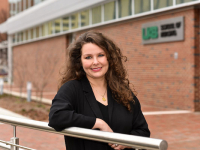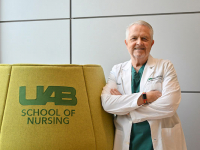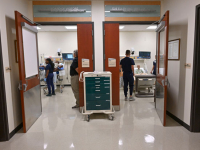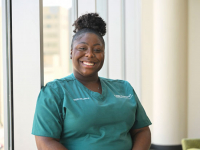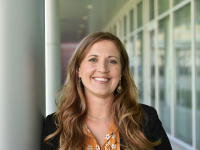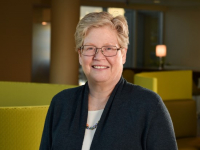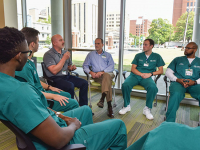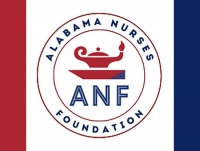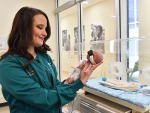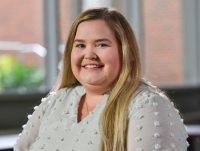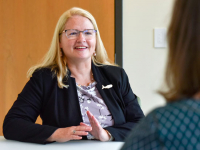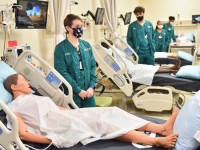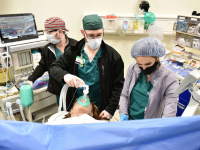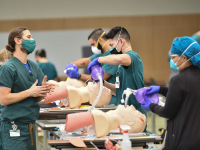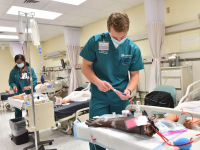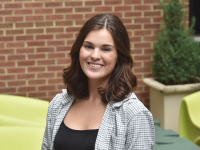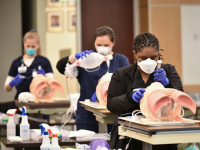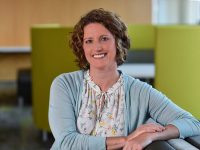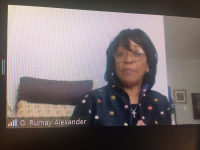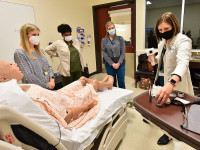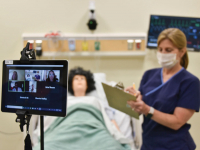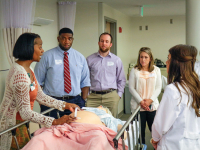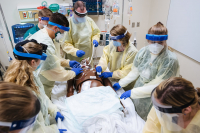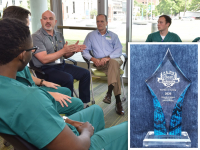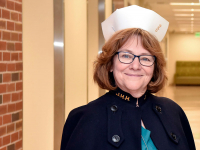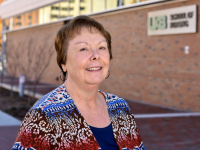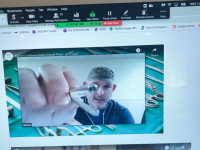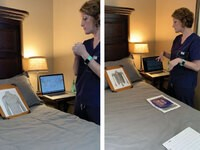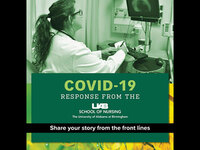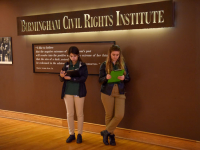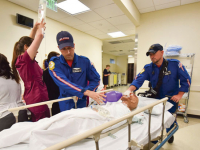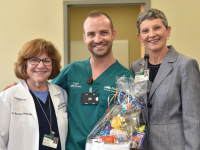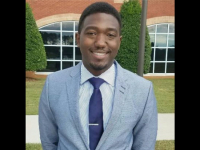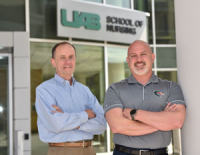By Laura Gasque
One week after Julia York’s 12th birthday, doctors told her parents she had less than a year to live.
“My parents knew it was bad news, but I didn’t know at the time. That’s not something you tell a 12-year-old,” York said.
York had always struggled with migraines, but the symptoms seemed to get worse. A relentless headache sent York to an urgent care clinic, then to a neurologist who ordered an MRI. That’s when her family found out she had a brain tumor.
“My tumor is in my brain stem. It’s smack dab in the middle, so I didn’t even have a biopsy done of my tumor because they thought even that would be too dangerous,” York said.
She began radiation therapy—33 rounds of it. Her parents enrolled her in a clinical trial, and she started taking chemotherapy pills.
“I had a really bad reaction to it. I lost all my hair, and I got an infection that put me in the hospital for a couple days, so they had to remove me from the trial,” York said. “My parents were left looking for other options for treatment just because there are so few options for treatment of pediatric brain tumors.”
After months of MRI scans every two weeks, doctors noticed something different. The contrast dye was no longer showing up in the tumor, meaning the blood flow had been cut off.
“I technically still have a brain tumor, it’s just dead,” York said.
Slowly, doctors started backing off the MRI schedule—from once a month to every three months and now once a year. York never showed any more side effects. The tumor didn’t grow.
“My doctors are fascinated with my case because I shouldn’t have lived,” York said. “I hate saying it just because it sounds a little crazy, but it’s truly like a miracle case.”
Because of the chemotherapy, York is immunocompromised. When she was hospitalized in high school for a suspected meningitis infection, York went in for treatment and came out with a newfound passion.
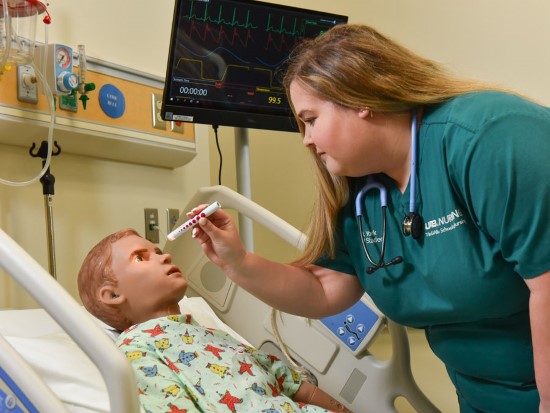
“I was talking with my nurse and decided that nursing was the right path for me. I just kind of had an epiphany that that’s what I’m meant to do with my life and my experience.”
She realized her journey gave her one of the greatest skills a nurse can have—empathy.
“I just love kids and I want to use my story to help kids who are going through the same thing,” York said. “I have literally been in their shoes, so it’s easier for me to understand what they’re going through and it’s just another way that I can care for patients.”
York applied to the University of Alabama at Birmingham School of Nursing. During a school visit, she fell in love with the undergraduate experience and urban campus. The Dean’s Nursing Scholar and Honors College student found a support system and felt at home.
“Everything just really lined up for me to come to UAB. The School provided me with the support and knowledge I needed to accomplish my goals and pursue my dreams.”
York graduates this spring. On the 10th anniversary of her cancer diagnosis, York interviewed for a nursing position at Children’s of Alabama. She will start in their Hematology-Oncology/Bone Marrow Transplant unit in July.
“I always have had the mindset that everything happens for a reason,” York said. “I got cancer for a reason, and I lived for a reason, and I think it was for me to come to UAB and become a nurse and specifically become an oncology nurse and use all of those experiences for something bigger.”

